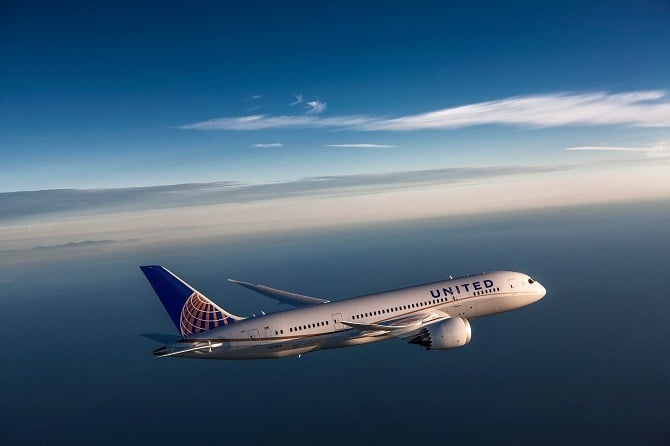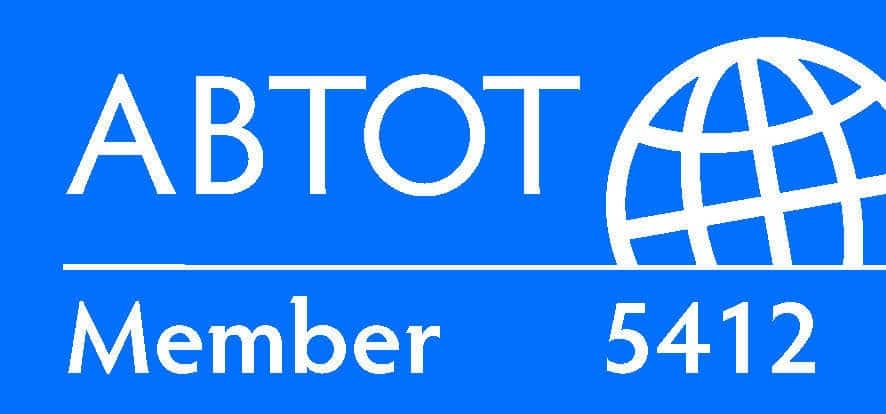
Although flying from the US to Cuba is moving towards normalisation, there is still quite some way to go before just anyone can hop on a plane.
Because there has been some confusion, United Airlines have been emailing agents around the world to clarify some of the rules that still exist.
As you can see, there are 14 categories that authorise flying from the US to Cuba and, without the necessary permissions and permits, you won’t even get to the airport as these permits need to be entered into the actual airline booking before tickets can be issued.
The categories are, on the face of it, fairly simplistic. However, before you get any ideas about simply promising the US government that your visit to Cuba is to research baseball, well, it’s not going to happen – all visits have to be organised between officially sanctioned parties in both the US & Cuba.
The copy from United Airlines……
“Travel to Cuba through US territory requires travellers to meet all conditions of entry to Cuba – even if a customer’s first point of travel originates outside of the United States (eg Europe, Asia).
The Cuban Assets Control Regulations (CACR) administered by the Office of Foreign Assets Control of the US Department of Treasury (OFAC) authorises only certain categories of travellers for travel to Cuba.

So, what are the Conditions of Entry?
Tourism is not permitted for all travellers, including those customers connecting from international trans-Atlantic flights.
All passengers travelling to or from Cuba must certify their eligibility under one of the authorised categories as set out below.
- Family visits
- Official government visits
- Journalistic activity
- Professional research or meetings
- Educational activities or people-to-people exchanges
- Religious activities
- Sports and public events
- Support for the Cuban people
- Humanitarian projects
- Research
- Informational materials
- Authorized export activities
- Non-immigrant Cuban National
- OFAC specific license
Of course, in the light of the recent Presidential election result in the US, might all of the above soon become obsolete?

Old Havana


